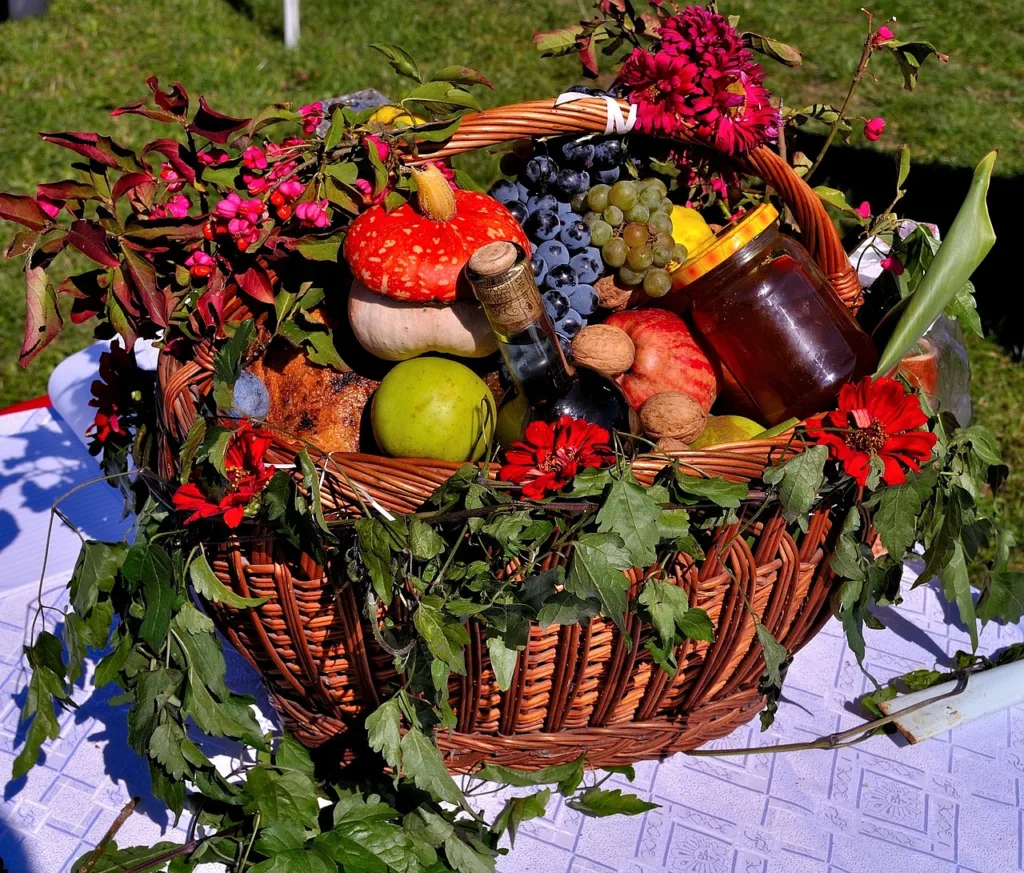As a parent, you want to give your child the best possible start in life. This means providing them with a diet that is rich in essential nutrients. But with so many nutrients to consider, it can be challenging to know which ones are the most important for your child’s health. In this blog post, we will explore the best nutrients for kids and provide practical tips for incorporating these nutrients into their meals and snacks.
Protein
Protein is essential for a child’s growth and development, as it provides the building blocks for muscle, bone, and other tissues. Children need a source of protein at every meal and snack to support healthy growth. Good sources of protein include lean meats, poultry, fish, beans, legumes, nuts, and seeds.
Vitamins
Vitamins are essential for a child’s overall health and well-being. Some of the most important vitamins for kids include vitamin A, vitamin C, vitamin D, and the B vitamins. These vitamins play a role in everything from immune function to energy metabolism. Good sources of vitamins include fruits, vegetables, whole grains, and dairy products.
Minerals
Minerals are also important for a child’s health, as they play a role in everything from bone health to nerve function. Some of the most important minerals for kids include calcium, iron, and zinc. Good sources of minerals include dairy products, leafy greens, whole grains, and lean meats.
Healthy Fats
Healthy fats are an important part of a child’s diet, as they provide energy, support brain development, and help the body absorb vitamins. Good sources of healthy fats include nuts, seeds, avocado, olive oil, and fatty fish.
Practical Tips for Incorporating Essential Nutrients into Meals and Snacks
Incorporating essential nutrients into your child’s diet can be challenging, especially with picky eaters. Here are some practical tips to help you ensure that your child is getting the nutrients they need:
- Offer a variety of colorful fruits and vegetables at every meal and snack.
- Include a source of protein at every meal and snack.
- Choose whole grains, such as whole-wheat bread or brown rice, over refined grains.
- Offer a variety of healthy snacks, such as sliced vegetables with hummus or fruit with yogurt.
- Experiment with different cooking methods and flavors to make healthy foods more appealing to your child.
In conclusion, the best nutrients for kids include protein, vitamins, minerals, and healthy fats. By incorporating these essential nutrients into your child’s meals and snacks and providing a variety of healthy foods, you can help support their growth and development and set them on a path towards lifelong health and wellness.
FOR MORE VALUABLE TIPS BUY OUR PARENTING COURSES AT https://www.kidzoot.com/courses/
CONSULT YOUR PERSONAL PARENTING SOLUTIONS VIA APPOINTINTMENT AT https://www.kidzoot.com/appointment-booking/

